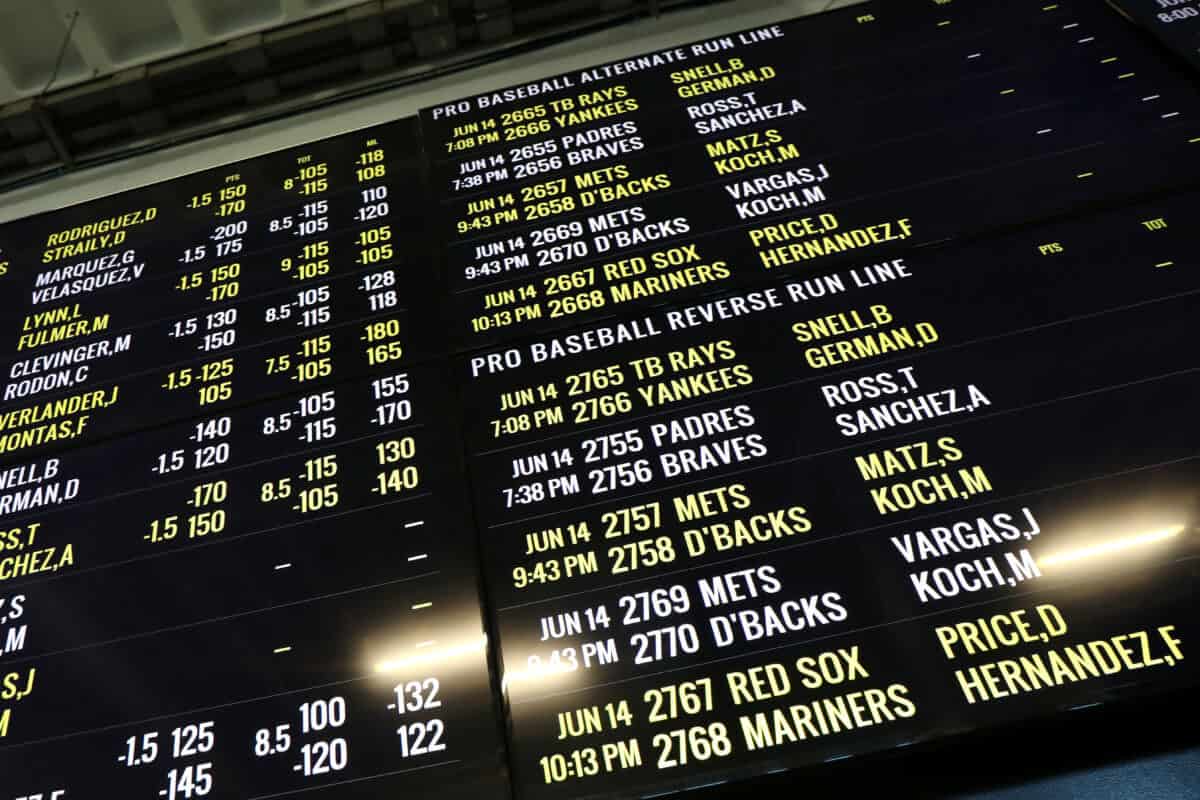Currently, Tennessee is the biggest mobile-only sports betting market in the industry. However, a few changes could be on the horizon for the operators that accept wagers in the state.
Lawmakers Passed a Bill That Separates The State From the Rest of the Pact
Through the last days of this year’s legislative session, the lawmakers in the Volunteer State remained busy. By enacting SB 475, the traditional tax rate of 20 percent on the adjusted tax rate numbers will be replaced by a tax rate of 1.85 percent on the bookmaker’s monthly handles.
After passing through the House chamber on Friday, the Senate agreed to pass the initiative. In the past, the Senate pushed for a tax that was two percent higher, but Sen. John Stevens believed that it would face heavy opposition.
The new amendments to the structure of the bill also eradicate the mandatory 10 percent hold rule in the state. Operators were subjected to paying the difference or a minuscule fee every month for not hitting the necessary quota.
Without any hesitation, the sportsbook operators opted to pay the $25,000 fine, which is a small price to pay for the millions of dollars each platform brings in a month. Since June 2018, the sportsbook operators’ average win rate was 7.7 percent.
Are There Any Other Changes to the Bill?
Consequently, Tennessee missed its tax estimates by $26 million, according to the bill’s fiscal note. The removal of the official league data mandate is a significant change in Tennessee sports betting legislation. Smaller businesses may choose to use unofficial data sources to save money.
State licensing rules also underwent a few changes in jurisdictions. The period for renewing a license changed from yearly to three years. The fee would cost $150,000, with payments recurring every year for vendors.
For operators taking in more than $100 million in gross wagers in the prior year, annual licensing renewal fees would be $750,000. Those with handles below $100 million would pay $375,000 to renew their licenses.
In addition to the state handle tax, bookmakers could deduct 0.25 percent federal excise tax on wagers. The commission is also dropping the word Advisory to become the Sports Wagering Council.
How Did Tennessee Fare in March?
After an expected downturn for not only Tennessee but other markets as well in February, March is when markets could expect a high volume in wagers due to March Madness. In March 2023, Tennessee bookmakers combined to register a handle of $392.7 million, which noted an increase of 6.1 percent from its year-over-year results and a 20 percent increase from the previous month.
The operators accounted for an 11.5 percent win rate in March, which generated $8.8 million in tax receipts for the state based on the 20 percent tax rate. These numbers will certainly be different in the next cycle due to the different tax implications mentioned above.
